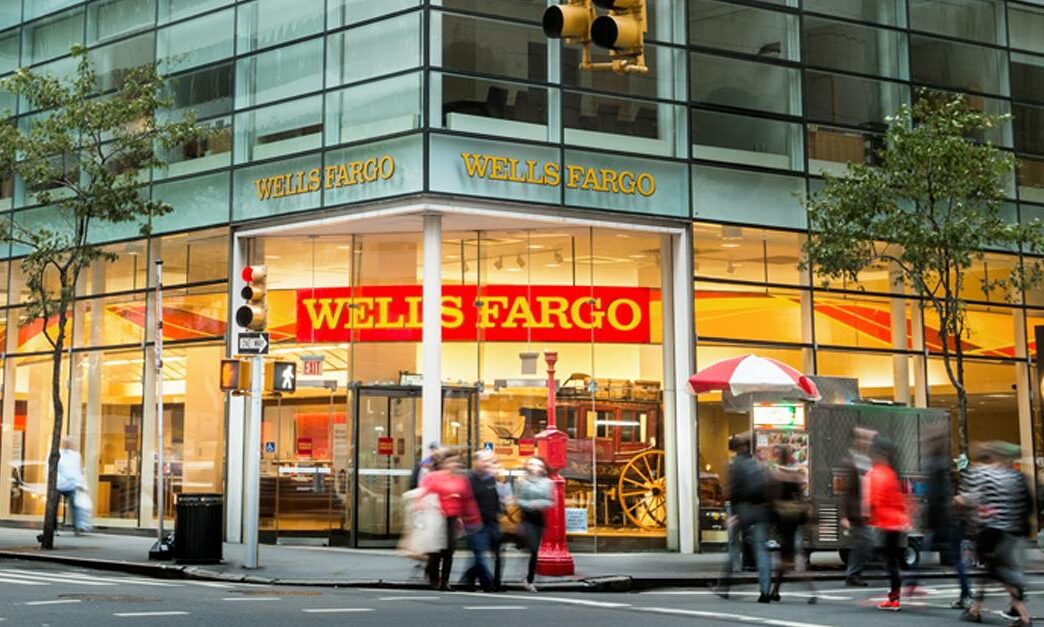Here are the first effects of the failure of Silicon Valley Bank

The Silicon Valley Bank crisis is also damaging the stocks of large American companies. In the world of startups, of which the Californian bank was an important creditor, panic broke out. All the details
The four biggest US banks – JPMorgan Chase, Bank of America, Citigroup and Wells Fargo – saw their market values fall by $52.4 billion on Thursday following a “broad sell-off of financial stocks” by of investors spooked by Silicon Valley Bank's crisis, wrote the Financial Times .
WHAT HAPPENED TO SILICON VALLEY BANK
A day earlier, on Wednesday, Silicon Valley Bank reported a $1.8 billion loss following the sale of a $21 billion securities portfolio, which it had to sell to cover the decline in customer deposits.
To recover from the loss, the bank then announced a sale of shares worth 1.75 billion. Its stock plunged 60 percent on Thursday.
THE FEAR OF INVESTORS
The losses reported by Silicon Valley Bank have caused investors to consider the risks that may lurk in the large bond portfolios held by other US banks. During the most acute phase of the coronavirus pandemic, many of these institutions made large investments in long-dated securities such as Treasuries . However, the value of US Treasury securities decreased significantly during 2022, as a result of rising interest rates.
AMERICAN BANKS COLLAPSE
The KBW Bank index, which tracks the performance of major U.S. listed banks, reported a decline of more than 7 percent: it is the strongest since June 2020, when fears that the pandemic caused a large financial shock had prompted investors to get rid of bank stock.
First Republic Bank, a San Francisco-based bank that caters to particularly affluent customers, and featured on the KBW Bank Index, lost more than 16 percent. Wells Fargo stock fell 6 percent; JPMorgan lost 5.4 percent, Bank of America 6 percent and Citigroup 4 percent.
The eighteen banks that make up the S&P 500 index, the most important US stock index, lost $80 billion in stock value on Thursday; JPMorgan alone lost $22 billion.
WHAT THE REGULATORY AUTHORITY'S DATA SAY
Thursday's sell-off may not only have been influenced by the Silicon Valley Bank crisis, but also by recently released data from the Federal Deposit Insurance Corporation, a banking regulator, which showed that US lenders' holdings there are unrealized losses of approximately $620 billion.
However, the overall net worth of the sector amounts to about 2.2 trillion dollars; last year realized losses were 31 billion. The increase in unrealized losses, however, coincides with a decrease in deposits with banks, as savers are looking for higher yields, given the continuous increase in interest rates by the Federal Reserve, the US central bank.
THE WORST POSSIBLE SCENARIO
According to the Financial Times , in the worst possible scenario banks would have to do like Silicon Valley Bank and sell a portion of their securities at a loss to cover deposit withdrawals.
Christopher Whalen of Whalen Global Advisors explained to the newspaper that the banks that own a lot of US Treasuries are the ones that have “the biggest problem. They fell asleep. No one expected this continuous inflation. Rates today,” he added, “are not moving higher. But they don't need to. All they have to do is stay where they are – the banks will have to acknowledge huge losses.”
THE PANIC AMONG STARTUPS AND VENTURE CAPITAL COMPANIES
If the big American banks are in trouble, there is panic in the Silicon Valley and startup environment, writes Bloomberg : Silicon Valley Bank is the bank of reference for small technology companies, but worries about the institution's financial health are leading many "venture capitalists" to withdraw their money. Among these is also Peter Thiel, co-founder of PayPal and the venture capital firm Founders Fund.
According to Bloomberg sources, Founders Fund has asked companies in its portfolio to move their funds away from Silicon Valley Bank. So have Coatue Management, Union Square Ventures, Founder Collective, Canaan, Tribe Capital and Activant Capital. Y Combinator , a startup accelerator, has told companies in its network that Silicon Valley Bank's credit risk is real.
Meanwhile, the chief executive of SBV Financial Group, the parent company of Silicon Valley Bank, has urged the bank's customers to "remain calm".
This is a machine translation from Italian language of a post published on Start Magazine at the URL https://www.startmag.it/economia/silicon-valley-bank-impatto-banche/ on Fri, 10 Mar 2023 15:18:28 +0000.
